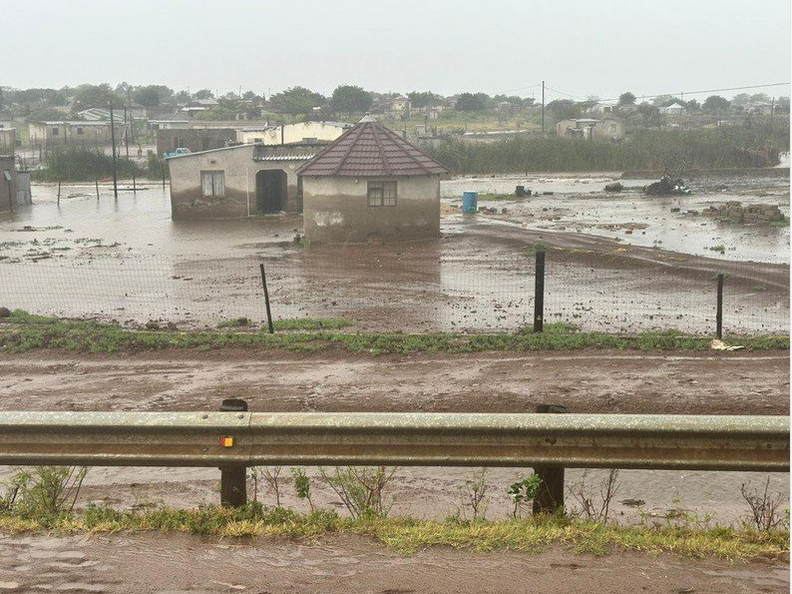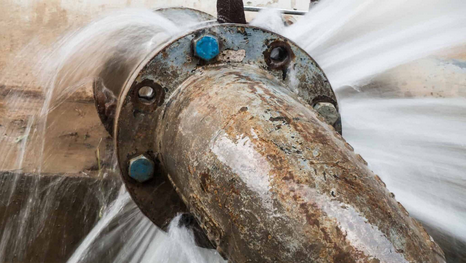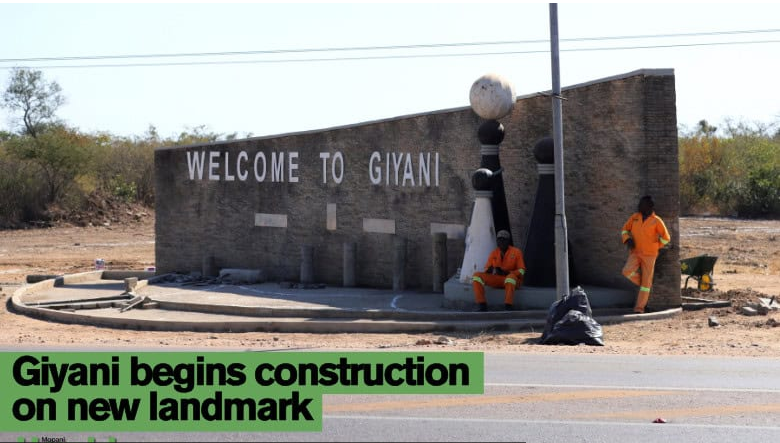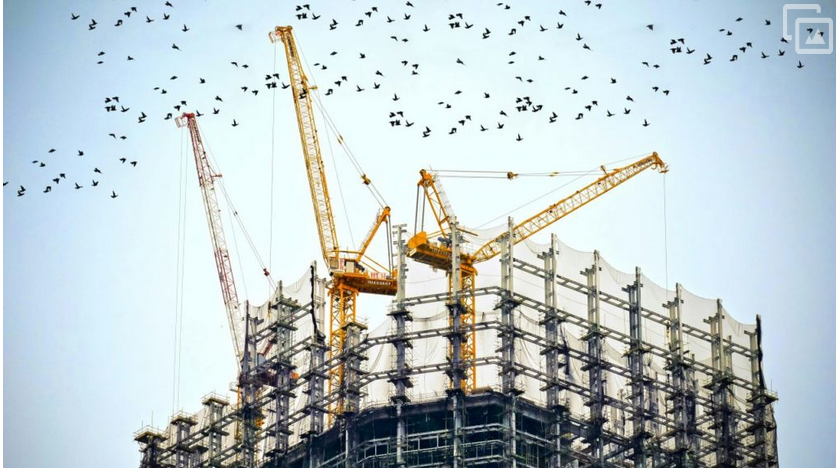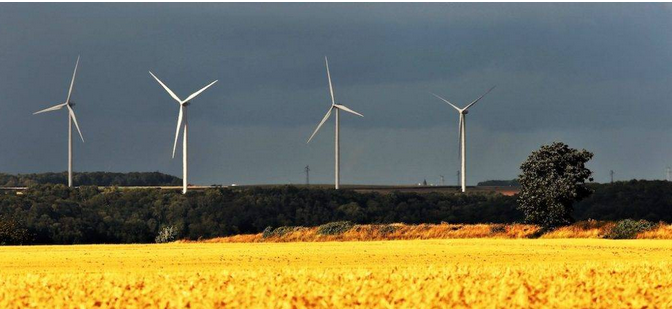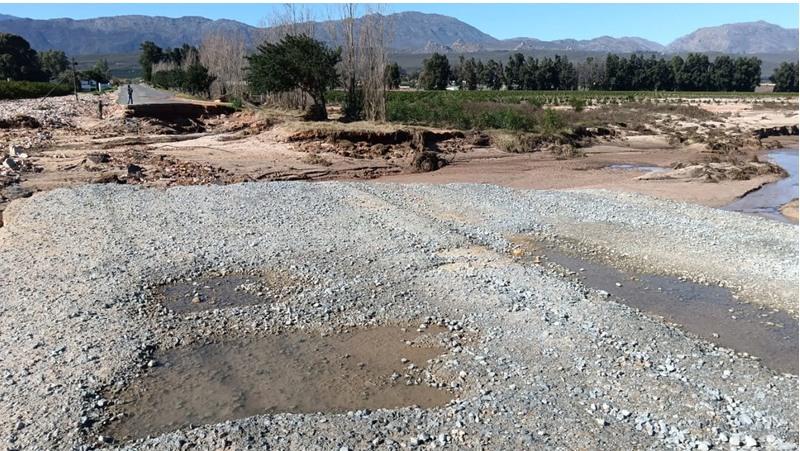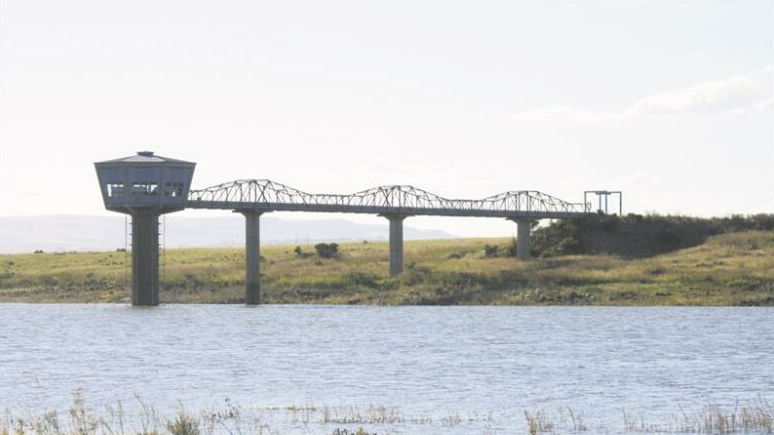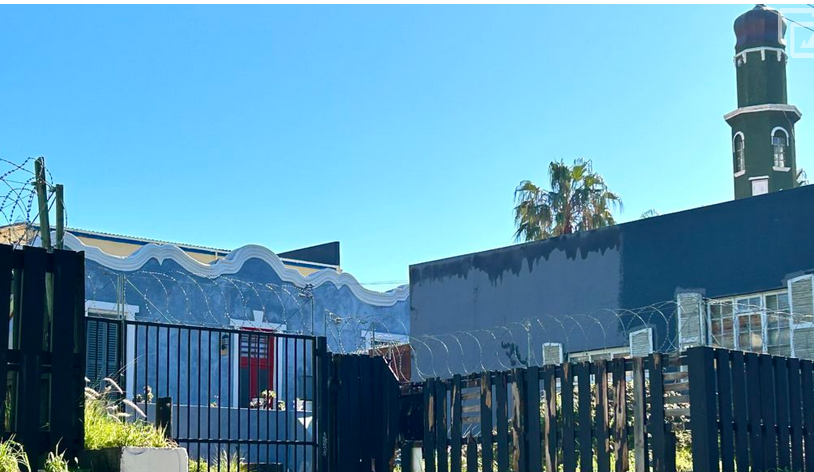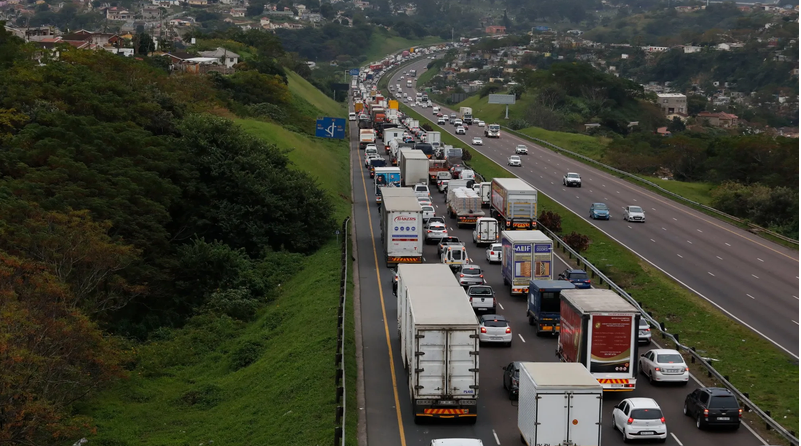Pothole patching on D4 road via Elim sparks outrage
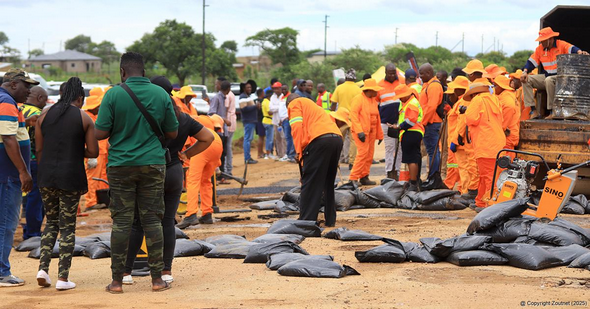
Advertising
20-01-2025
Read : 241 times
Zoutnet
Source
Residents and motorists have expressed frustration over the slow progress of work on the D4 road that links Elim to the N1. Recent efforts appear to have shifted towards patching thousands of potholes rather than rebuilding the road.
On Monday, 6 January, Limpopo MEC for Public Works, Roads & Infrastructure, Ernest Rachoene, joined workers patching potholes on the heavily damaged road. He was accompanied by Vhembe District Executive Mayor Freda Nkondo, Makhado Mayor Dorcus Mboyi, councillors, and senior officials from the department and Roads Agency Limpopo (RAL).
The D4 road, a 100km stretch connecting the N1 to Malamulele via Elim and Vuwani, was originally constructed in 2006. Years of neglect have left the road in a dire state, prompting a phased rehabilitation project. Phase 1, which spans Malamulele to Vuwani, has been allocated a budget of R20 million. Phase 2, covering Elim to the N1, has been assigned an additional R20 million, according to parliamentary reports dated 15 November 2023. Because of budget constraints, the project is being carried out in stages, leaving motorists to navigate worsening conditions in the meantime.
Mr Abie Khosa, a representative of the Elim Taxi Association, criticised the ongoing pothole patching. “This is a waste of taxpayers’ money. Instead of repeatedly patching potholes, they should reconstruct the entire road. This is the third time they’re doing this,” he said.
A local taxi driver, Mr Shumani Mathabele, shared similar frustrations, highlighting the road’s impact on daily commutes. “We’re crawling at 20km/h because the road is riddled with potholes. Some of us are forced to take longer routes through Louis Trichardt, which increases fuel costs. The potholes also damage our tyres and ball joints, costing us money we can’t afford,” he said.
MEC Rachoene acknowledged the challenges but defended the temporary repairs. “We know some potholes are large, and we appreciate the team’s efforts. However, this road needs comprehensive rehabilitation. For now, we’re doing what we can to make it passable,” he said.
When asked whether a feasibility study had been conducted to assess the road’s capacity for heavy truck traffic, Rachoene provided no clear answer but acknowledged the longstanding issues. “This road has been problematic for years. People have been demanding repairs, and now we’re here to address them. Our team will work throughout the week to tackle the worst sections before reaching the N1,” he said.
He added that the road’s poor condition had significantly impacted the local economy. “This road was once a vital route for trucks, but its deterioration has caused major disruptions. We are committed to restoring it to support the community and the economy,” he said.
In response to media enquiries, Mr Danny Legodi, RAL’s senior communications manager, could not clarify why the focus has shifted to pothole patching instead of completing full repairs.
“The road is divided into two sections: Malamulele to Elim (73.1km) and Elim to the N1 (26.9km). Work is planned in five phases. Since July 2021, 46km has been completed, covering three phases. The remaining 54km is at the design stage and will proceed once funding becomes available,” he said.
Recent News
Here are recent news articles from the Building and Construction Industry.
Have you signed up for your free copy yet?
